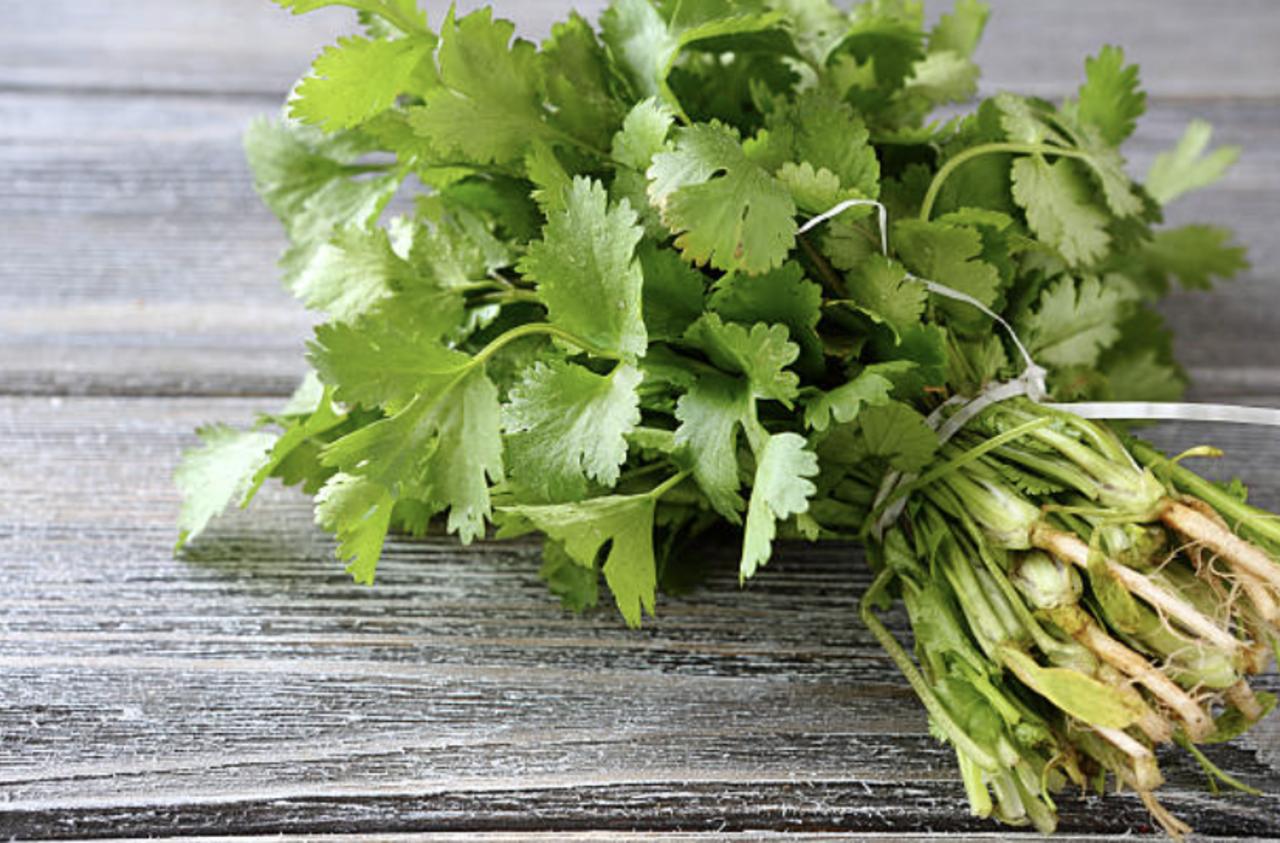This Is Why Some Foods Are So Polarizing

This Is Why Some Foods Are So Polarizing
This Is Why Some Foods , Are So Polarizing.
Foods such as cilantro, mushrooms, blue cheese and mayonnaise certainly have their haters.
Foods such as cilantro, mushrooms, blue cheese and mayonnaise certainly have their haters.
Foods such as cilantro, mushrooms, blue cheese and mayonnaise certainly have their haters.
Foods such as cilantro, mushrooms, blue cheese and mayonnaise certainly have their haters.
Biopsychologists say that the reasons why some foods elicit such a visceral reaction are complex.
Our language is really limited when we say food tastes a certain way.
, Julie Mennella, Monell Chemical Senses Center, via CNN.
Oftentimes, a person's genetics plays a huge role in how they perceive certain foods.
For instance, people with a particular gene can be more sensitive to the smell of cilantro.
It usually has to do with the odor, Julie Mennella, Monell Chemical Senses Center, via CNN.
It's actually your sense of smell that allows you to distinguish between something like strawberry and cherry Jell-O, Julie Mennella, Monell Chemical Senses Center, via CNN.
In addition, experts say that some reactions to foods are hardwired.
We like sweet and hate bitter, Linda Bartoshuk, University of Florida, via CNN.
Not liking [foods that are bitter] is a built-in defense mechanism, Linda Bartoshuk, University of Florida, via CNN.
Despite this, food preparation and simply getting used to the qualities of particular foods can mean lead to changes in taste.
You may taste cruciferous vegetables as more bitter, but that doesn't mean you can't grow to like them, Linda Bartoshuk, University of Florida, via CNN.
Your biology is not your destiny, Linda Bartoshuk, University of Florida, via CNN.
Not to say genetics aren't important.
But when you're an omnivore and open to these foods, you learn to like what you eat, Linda Bartoshuk, University of Florida, via CNN
